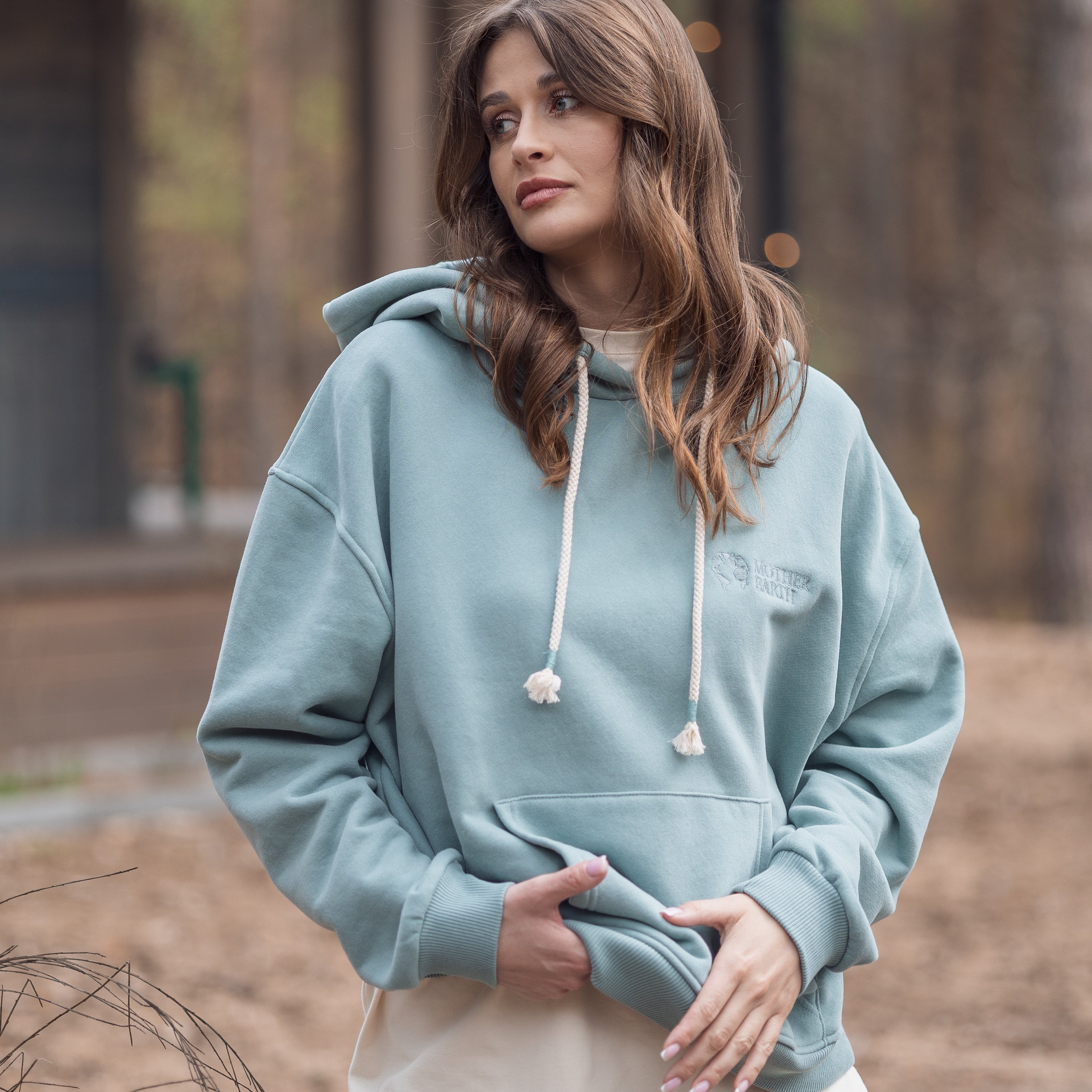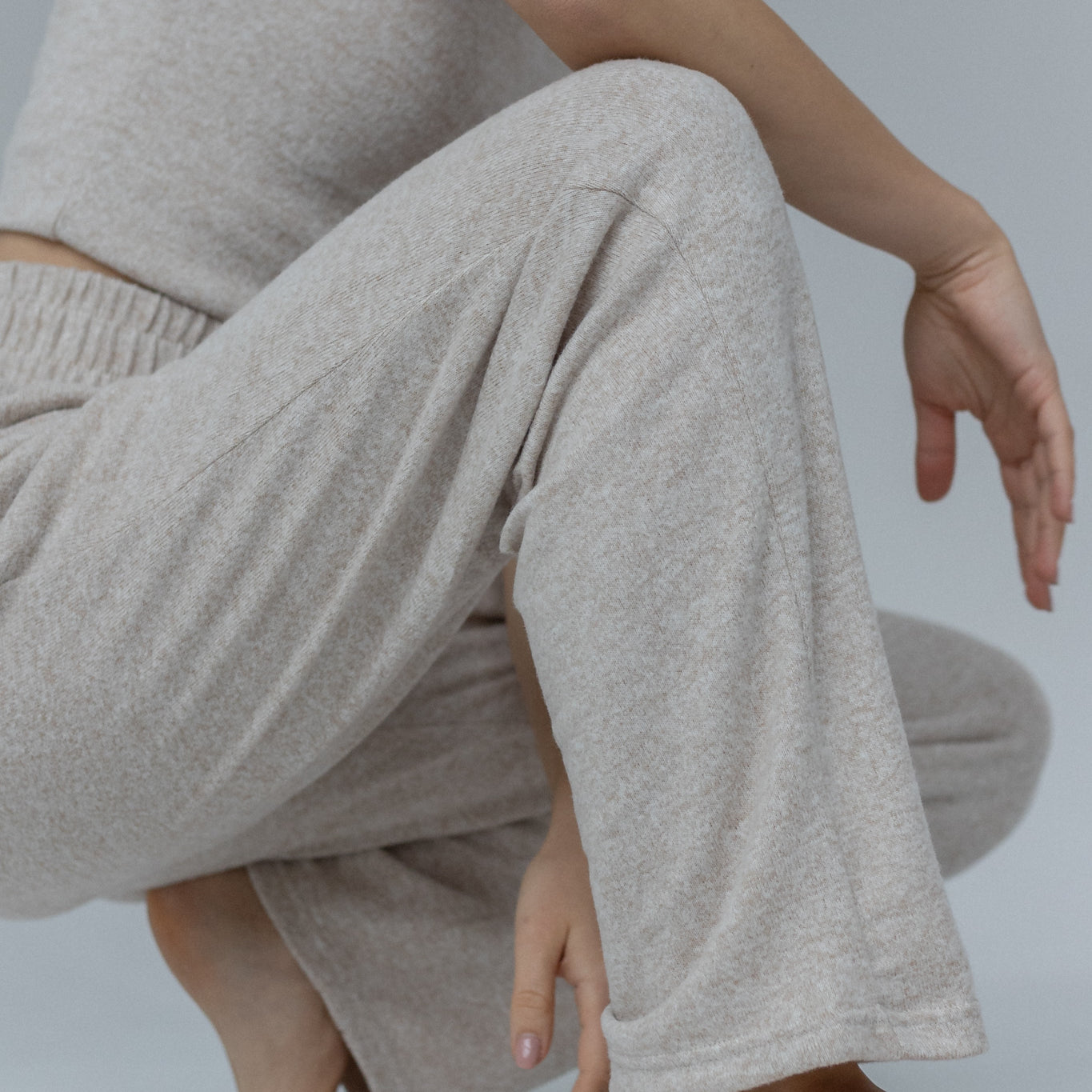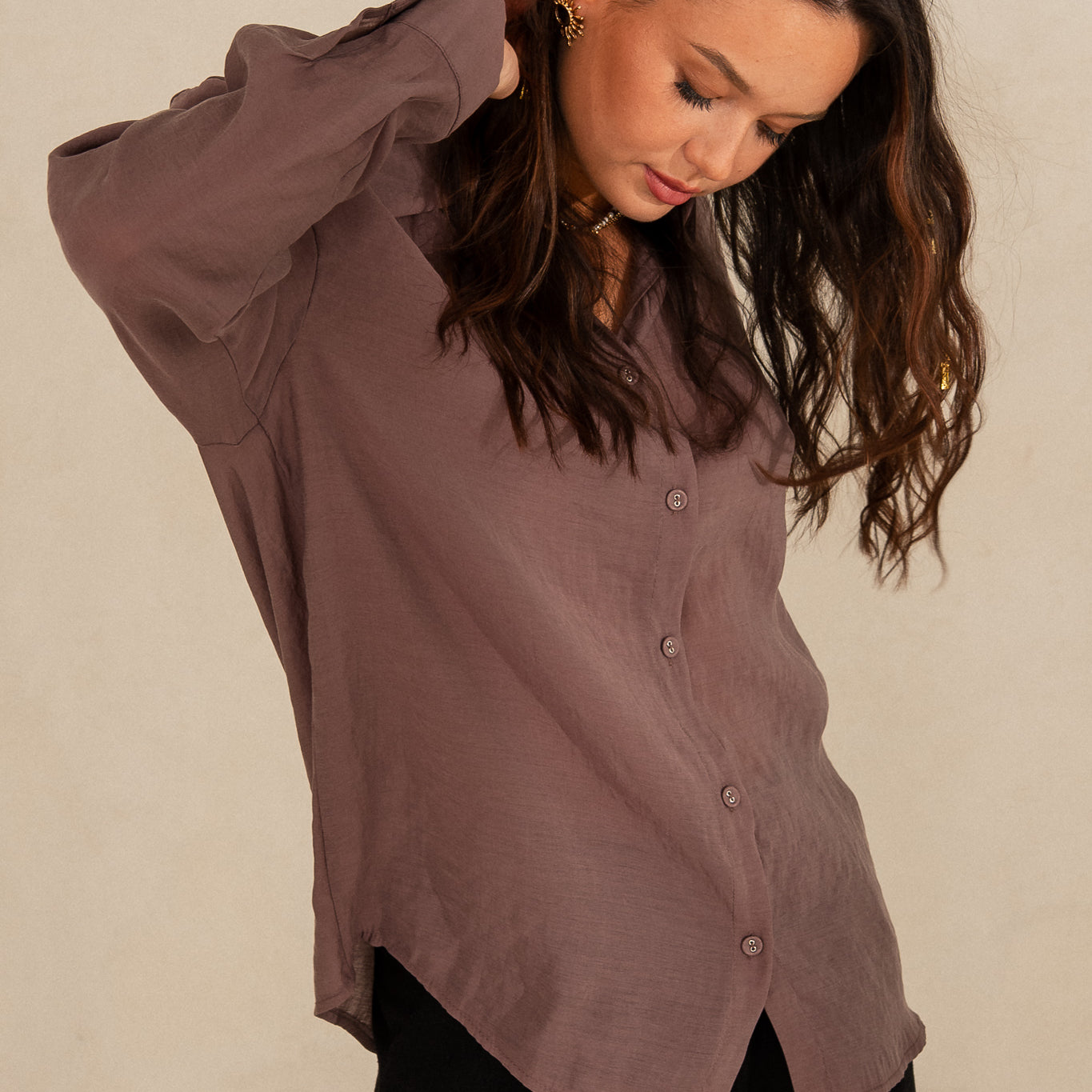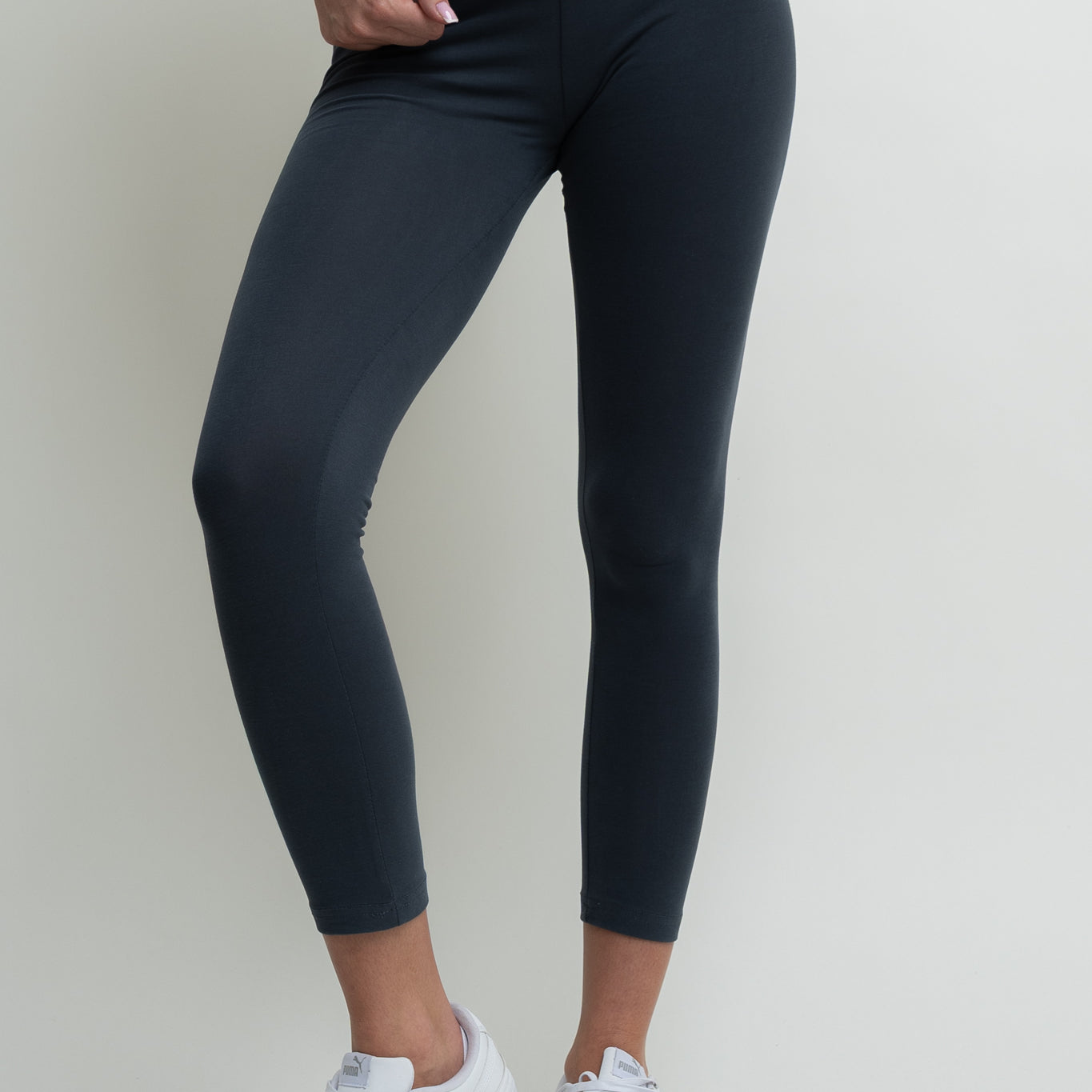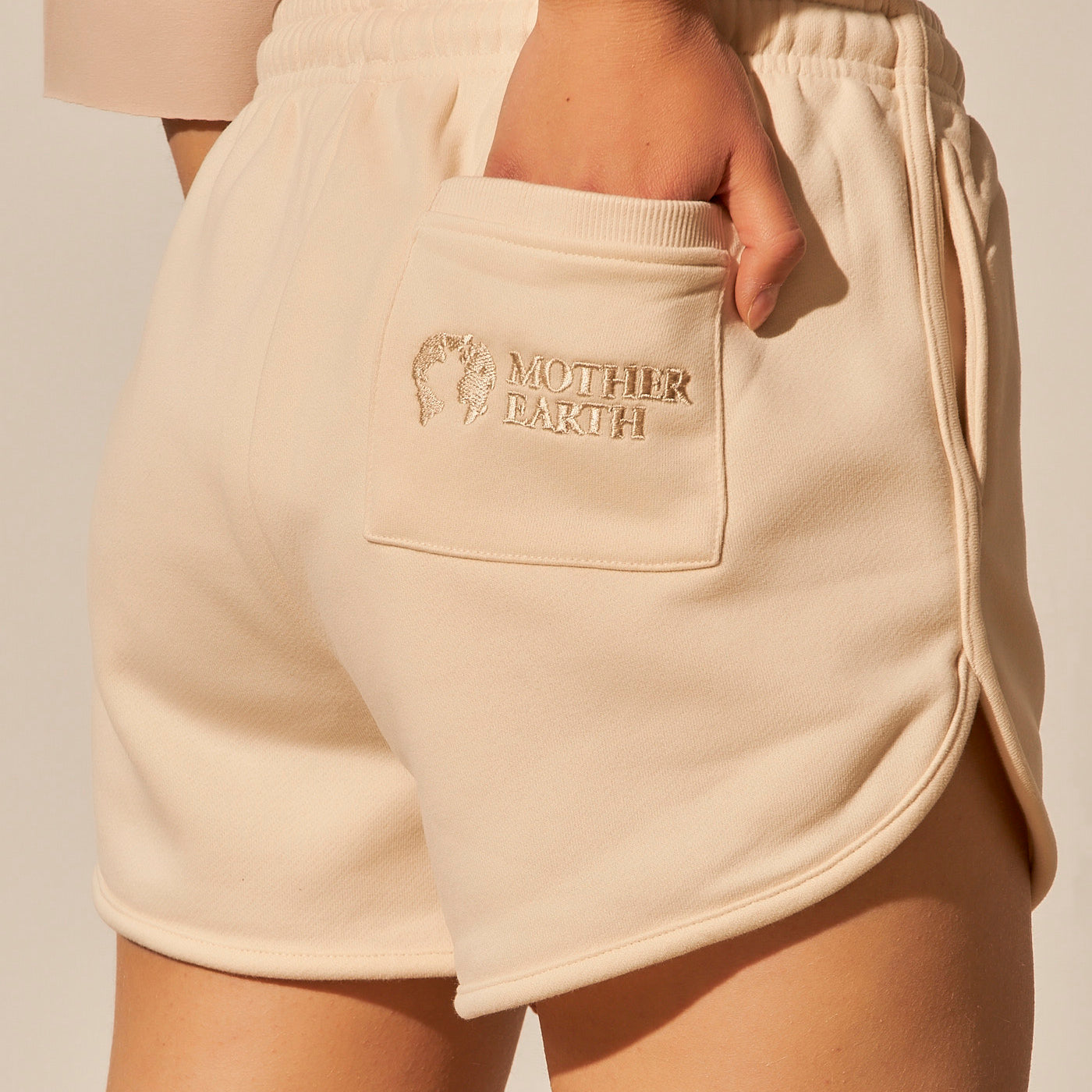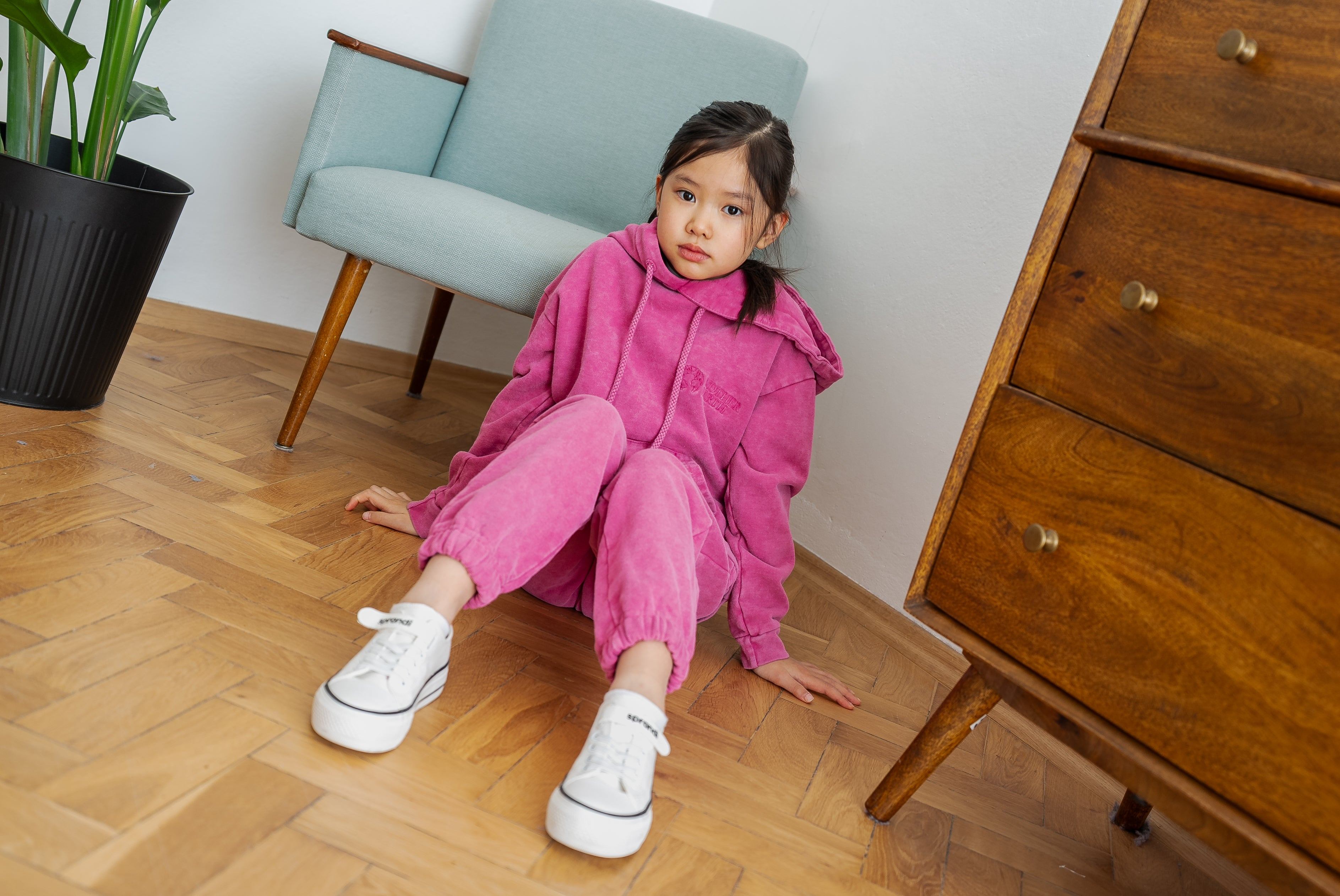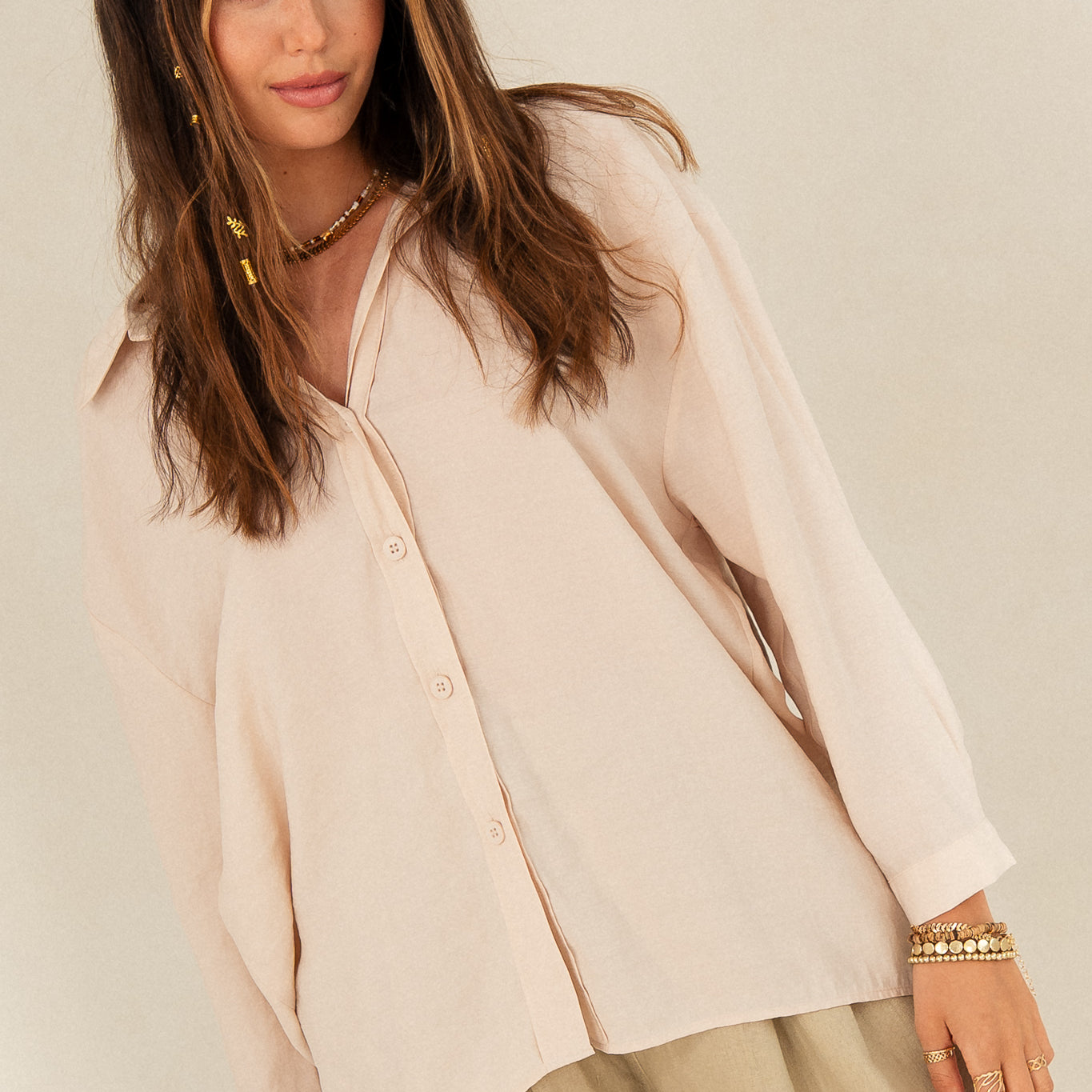Nowadays, environmental awareness is becoming an integral part of society, and sustainable practices in the fashion industry are becoming more and more of a priority. Fashion, which was once synonymous with fast-changing trends and mass production, is now undergoing a transformation towards more ecological and ethical practices. So let’s discuss what changes are happening in the fashion industry to contribute to the protection of the environment, focusing on recycling clothes and using eco-friendly materials.
Recycling clothes - Changing the approach to fashion
Recycling clothes is a key part of the sustainable fashion movement. In an industry where fast-changing trends typically lead to overproduction, recycling is an antidote to waste and excess. Fashion brands are increasingly introducing programs to take back used clothes from customers, offering them the opportunity to get rid of unwanted items in a way that doesn’t harm the environment.
In addition, more and more brands are choosing to produce new clothes from recycled materials. Textile waste is becoming a valuable source of materials for new collections, which reduces the negative impact on the environment. Examples of bags or clothes made from recycled plastic bottles or used textiles are becoming more common, proving that sustainable fashion is not only possible but also desirable.
Ecological materials - A new era in clothing production
Using eco-friendly materials is another key step towards sustainable fashion. Traditional fabrics often require large amounts of water and pesticides to produce, which has a negative impact on the environment. That is why designers and manufacturers are increasingly reaching for alternatives, such as organic cotton, linen, hypoallergenic materials, or those obtained from renewable sources, such as bamboo or Tencel.
Consumers care not only about the appearance of clothes, but also about their roots. Brands that engage in transparent production and use ecological materials gain the trust of customers for whom ecological responsibility becomes an important selection criterion.
Conscious consumer - The power of individual choices
Sustainable fashion practices are not only dependent on the actions of companies, but also on the conscious decisions of consumers. More and more people are becoming aware of the impact of their shopping choices on the planet. Sustainable fashion is becoming an ethical and stylish choice at the same time.
Supporting brands that recycle their clothes and use sustainable materials helps fuel this revolution. Consumers have the power to influence the direction of the fashion industry through their purchasing decisions.
Summary - Towards a Sustainable Future
Sustainable fashion practices, such as recycling clothes and using eco-friendly materials, are no longer just a fashion trend, but a necessity. The actions taken by brands and the conscious choices of consumers have the potential to change the face of the entire fashion industry, steering it towards a more sustainable future.
By taking care of our planet and taking a responsible approach to the production and consumption of fashion, we can collectively initiate positive change. The fashion revolution is already underway, and its results are promising for the environment and for ourselves.


